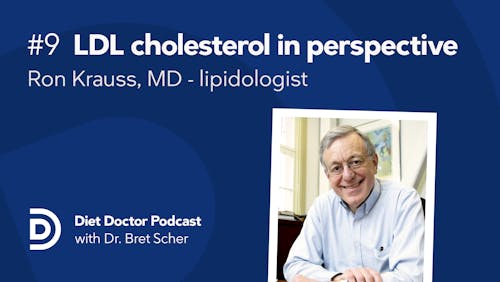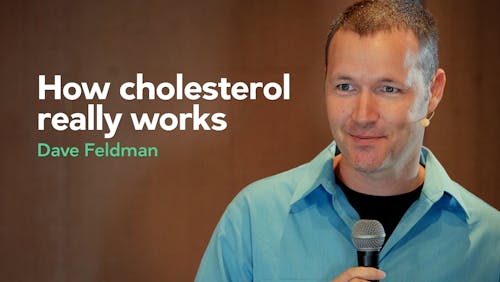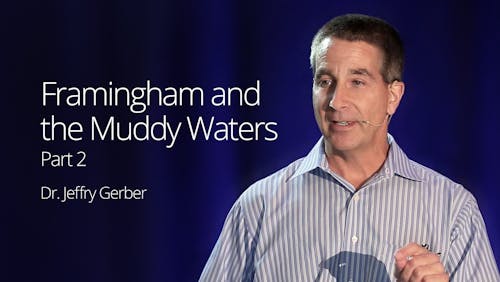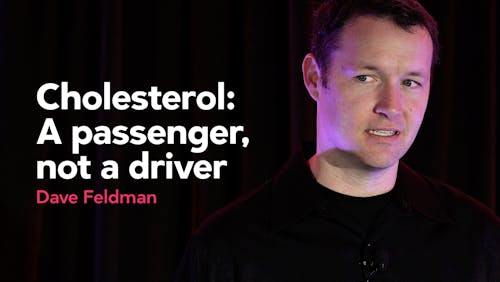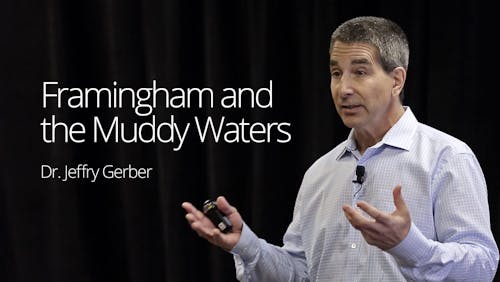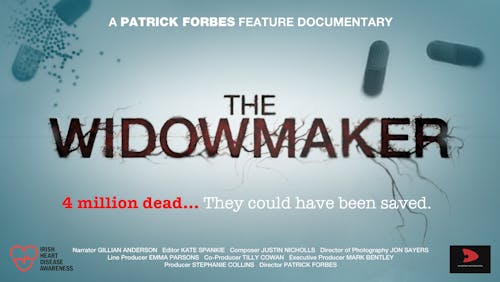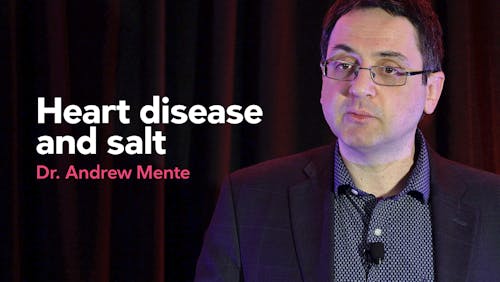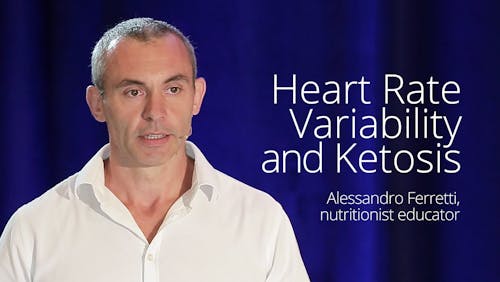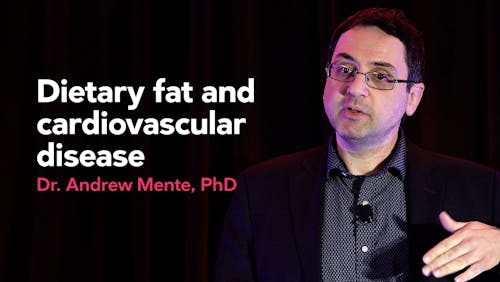Prominent Harvard scientist discredited after fabricating data

The New York Times reports that another prolific scientist has lost credibility, as Harvard Medical School calls for the retraction of 31 papers, essentially the entire body of work produced by heart researcher Dr. Piero Anversa’s lab. Harvard believes that Dr. Anversa falsified and fabricated data in dozens of published studies.
The New York Times: Harvard calls for retraction of dozens of studies by noted cardiac researcher
Anversa’s team focused on regenerating heart muscle using stem cells. His research documented remarkable progress in a heady and exciting emerging treatment. But other laboratories could not replicate his results; eventually, enough scientists became suspicious, and Anversa resigned under pressure in 2015. Now, his work and the hope it promised patients has been discredited.
But, for a long time, people wanted to believe. Investors funded start-up companies to try to commercialize stem cell treatments for heart failure patients. Desperate patients paid for ineffective treatments. The National Institutes of Health (NIH) funded a clinical trial based on Anversa’s work — it is still enrolling patents today. Time and money were wasted. Patients were harmed.
Although it is shocking to see this elaborate deception at an elite medical institution, perhaps it should not be. Fraud can happen almost anywhere, and the lure of fame and fortune can tempt scientists just as easily as it can tempt competitive and ambitious people in any field. (Scientists are human, after all.) Yes, the vast majority of scientists are honest. Yes, there are checks and balances like peer oversight. But that does not mean we can trust every study or believe every doctor. We want to be open to the next miracle cure, but we clearly need to be skeptical as well. Sometimes, things really are too good to be true.
Fraud is not the only enemy of good science. Dogmatism and willful blindness — clinging to an established mindset in spite of new evidence — also impedes progress. It took decades to get doctors to stop x-raying pregnant women, even after links between those routine x-rays and childhood cancer were established. It took years to get doctors to understand that many ulcers are caused by a bacterial infection, not stress or spicy food. And it is taking decades to counter the idea that low-fat eating is “heart healthy.” At Diet Doctor, we believe patience and persistence, backed by unimpeachable science, will ultimately prevail!
Earlier
For sale — Your doctor’s opinion


